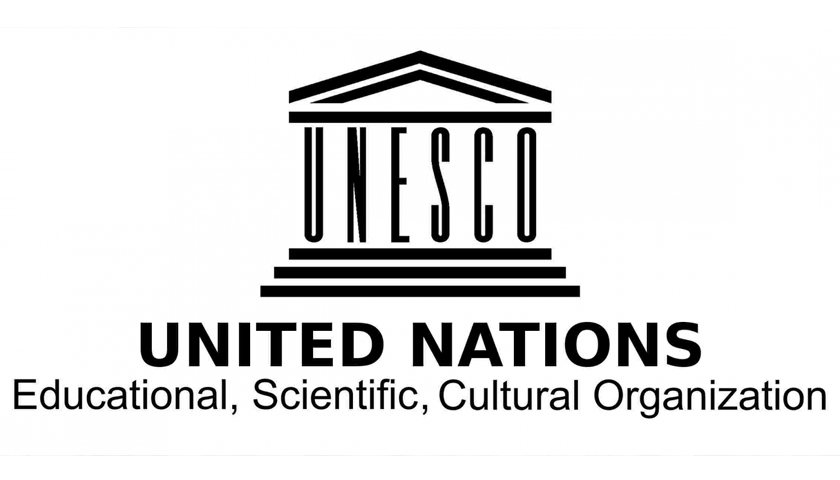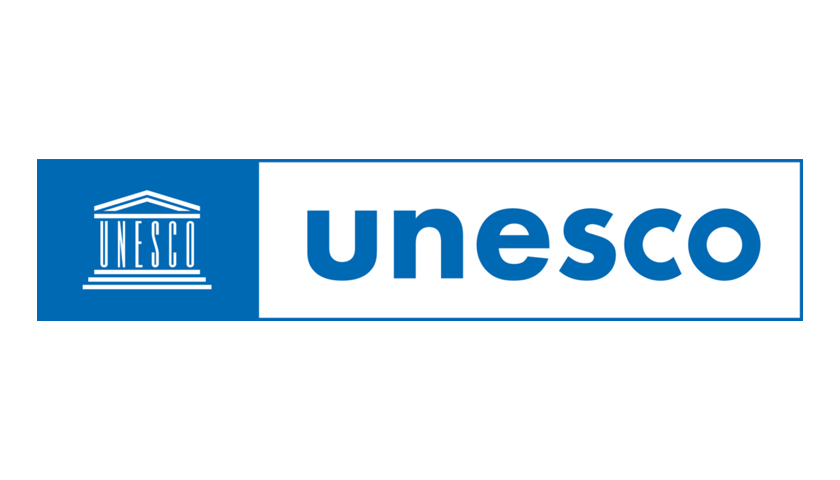On 16 December 2019, UNESCO Tehran Cluster Office co-organized an event for supporting the fruitful initiatives being developed by the Iranian government and national organizations aiming at fostering inclusion of persons with disabilities through sports and physical education.
Numerous Iranian stakeholders joint UNESCO in the organization of this occasion, which was celebrated in the Olympic Academy of Iran: the Iranian National Commission for UNESCO, Iranian National Olympic Committee, Iranian Paralympic Committee, Ministry of Sports and Youth, Municipality of Tehran, University of Tehran, Iranian Federation for the Disabled, Iranian Federation of Sports for All and Iran Autism Association. In addition, a couple of private companies gladly contributed to its success: Tigon Team and IFITPRO. A high number of Iranian governmental officials, NGOs members and Iranian athletes attended and participated in the occasion.
The opening was kicked off by Dr. Ahmadi, Deputy Minister of Sports and Youth. During his intervention, he underlined the relevance of investing in sports and physical education for all, with a special focus on the most vulnerable groups such as youth and persons with disabilities.
UNESCO Tehran Cluster Office congratulated the Ministry of Sports and Youth and paid tribute to the effort that the Iranian government put over the years into promoting sport for persons with disabilities in Iran.
Representatives from the organizational parties illustrated the situation of persons with disabilities in Iran and their increasing involvement in sportive activities. For instance, the participants in National Paralympic celebrations have increased from 2,400 to 60,000 from 2003 to 2018.
The experts’ roundtable served as an inclusive platform for highlighting the importance of fostering and adapting sports and physical education for persons with disabilities. Moreover, the diversity in domains gathered for the occasion, stressed that cooperation and interaction among sectors are crucial for ensuring that sports and physical education are enjoyed by all. Ms. Elahe Gholi Fallah, an Iranian cross-country skier, underscored that “persons with disabilities do not want to see limitations but as opportunities” and she thanked the Iranian National Paralympic Committee for their support. In 2018, Elahe became the first Iranian female athlete to qualify for a Paralympic Winter Games and in October 2019 she was awarded with the BP Courage Award by the International Paralympic Committee.
UNESCO is truly committed to ensuring access to quality sports and physical education for all, including persons with disabilities. According to statistics from World Health Organization (WHO), we count with 15% of people worldwide who live with some form of disability.
The benefits brought along by practising sports do not cease at improving individuals’ physical condition. Sports helps reduce the stigma and discrimination because they can transform community attitudes by highlighting skills and capabilities. Sports would not only help persons with disabilities to better walk out from their limitations, but it will also form a positive and remarkable bridge between the individual and the community.
Sports and Physical Education are worldwide recognized as powerful tools to strengthen the grounds for more inclusive and healthy societies, which is very relevant for creating solid social ties and networks, and for promoting ideals of solidarity, tolerance, respect and justice
In light of the interest expressed by stakeholders, UNESCO Tehran Cluster Office does not hesitate to keep on supporting Iran in the field of sports and physical education for persons with disabilities.

